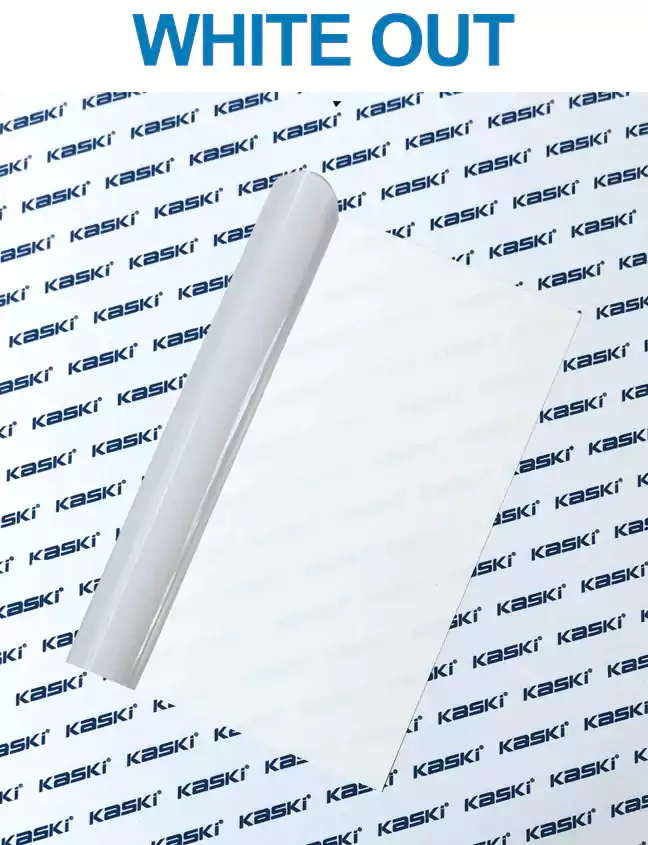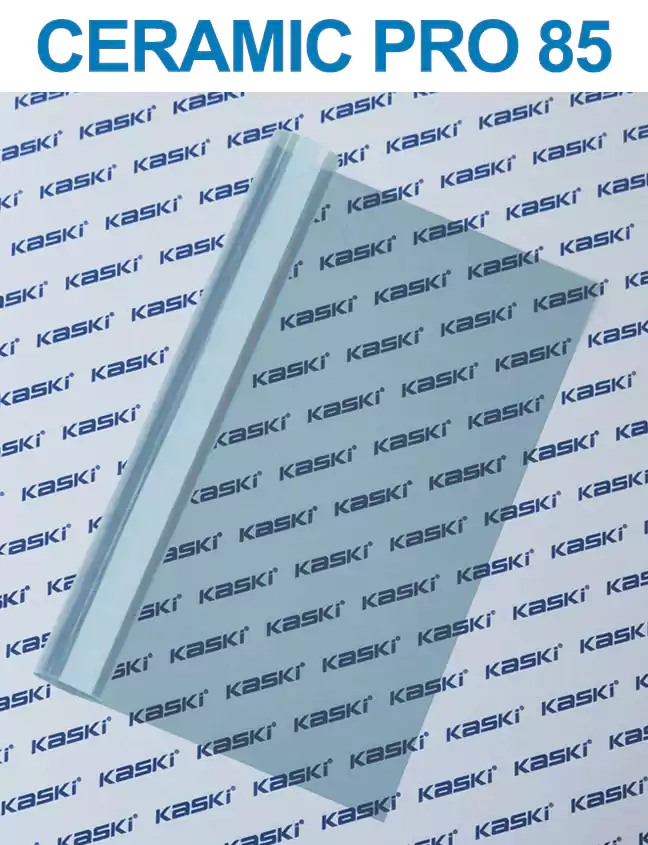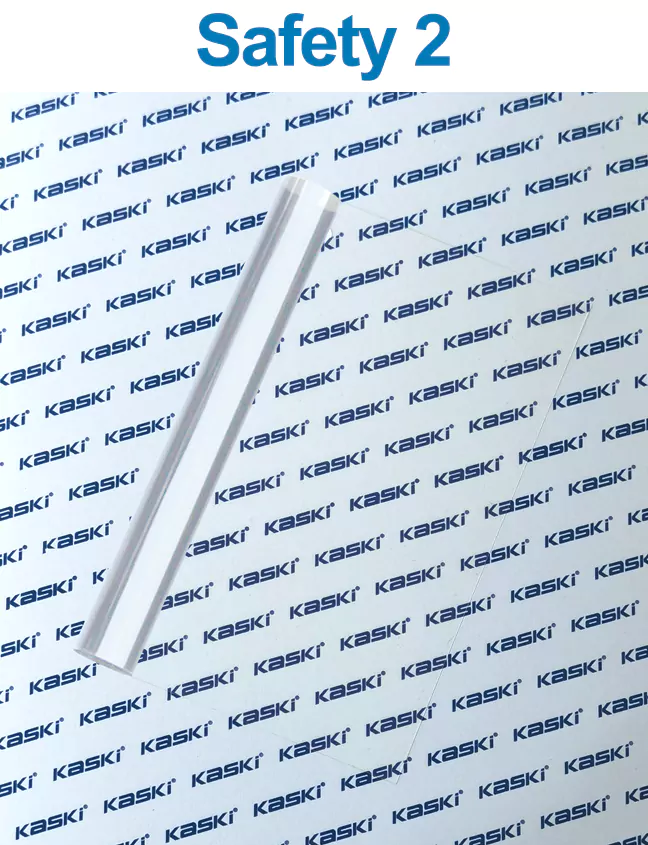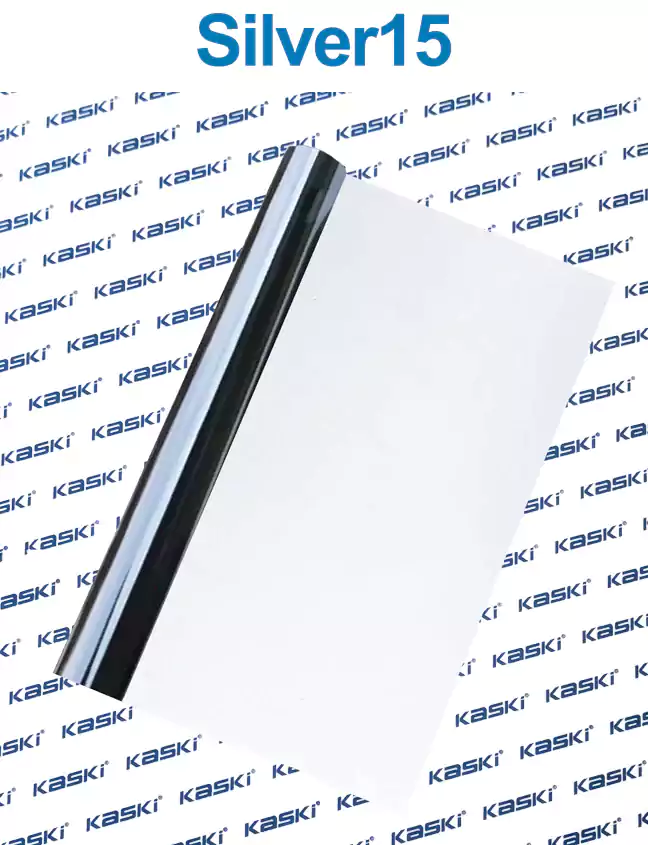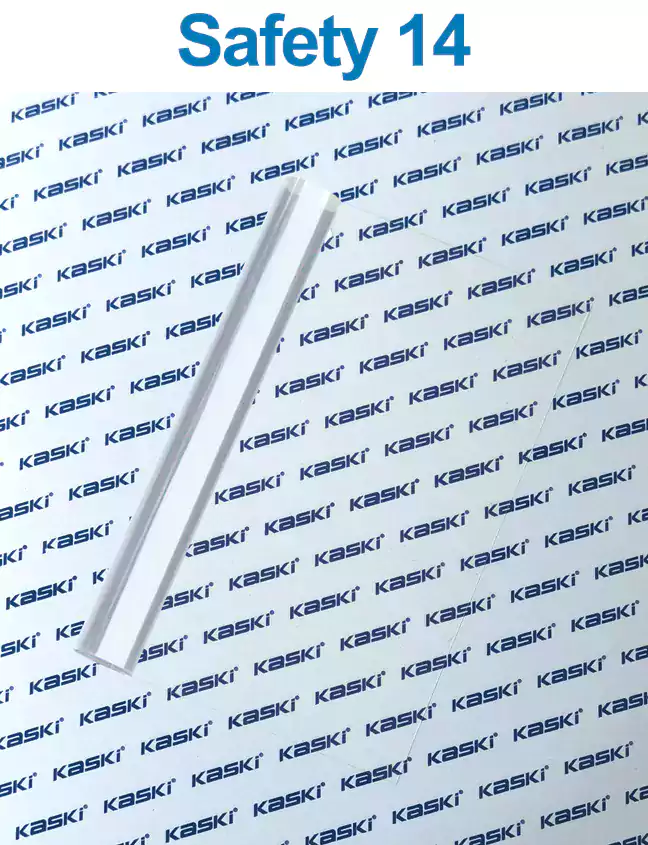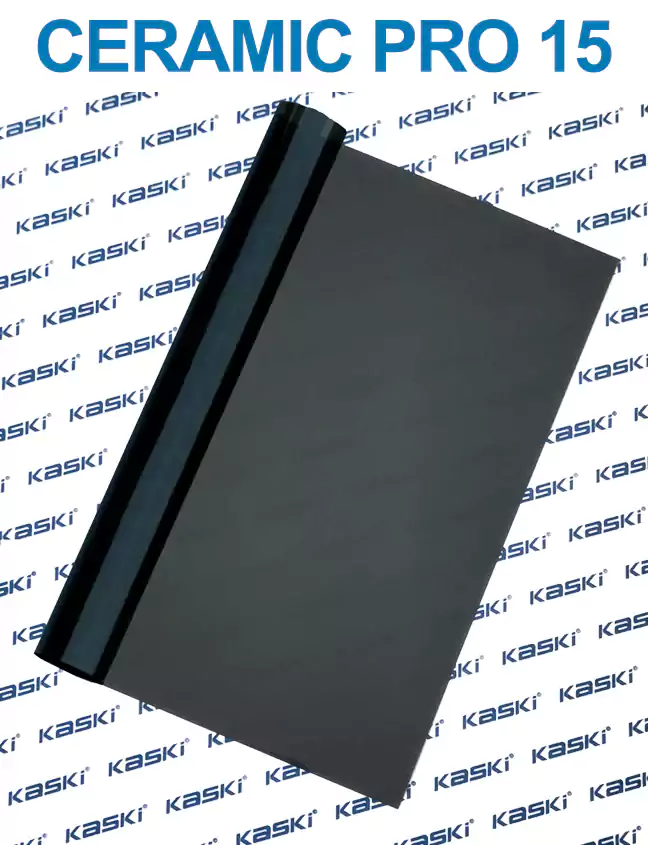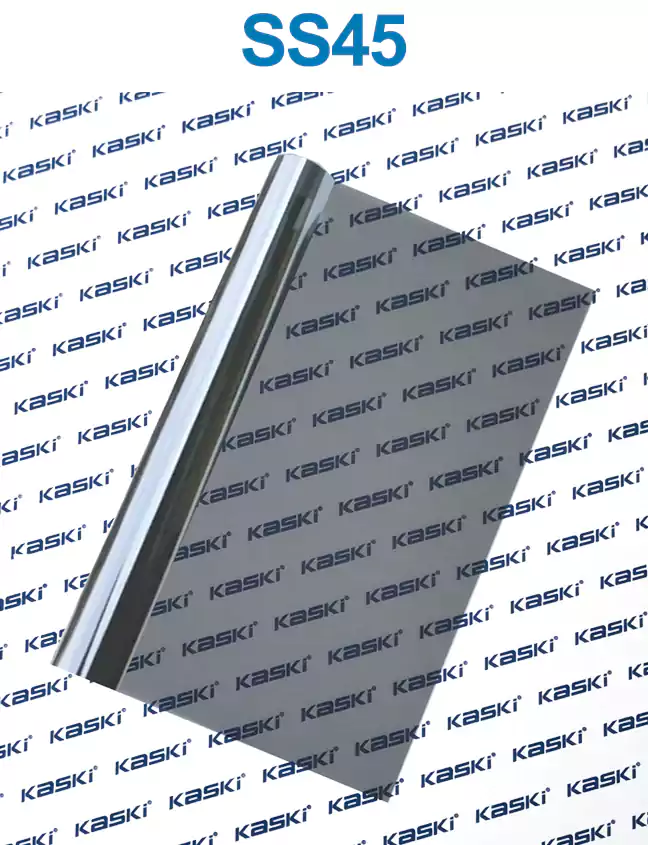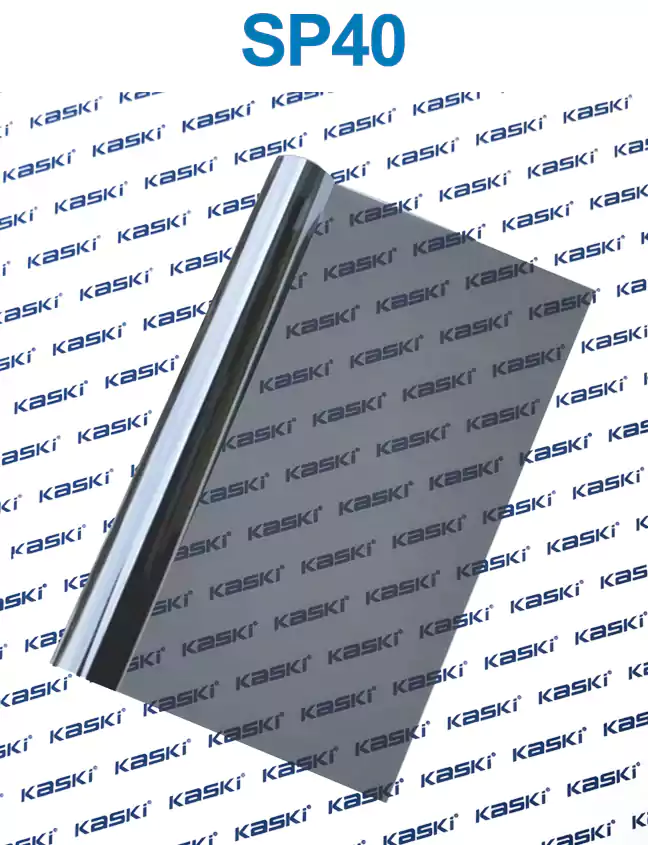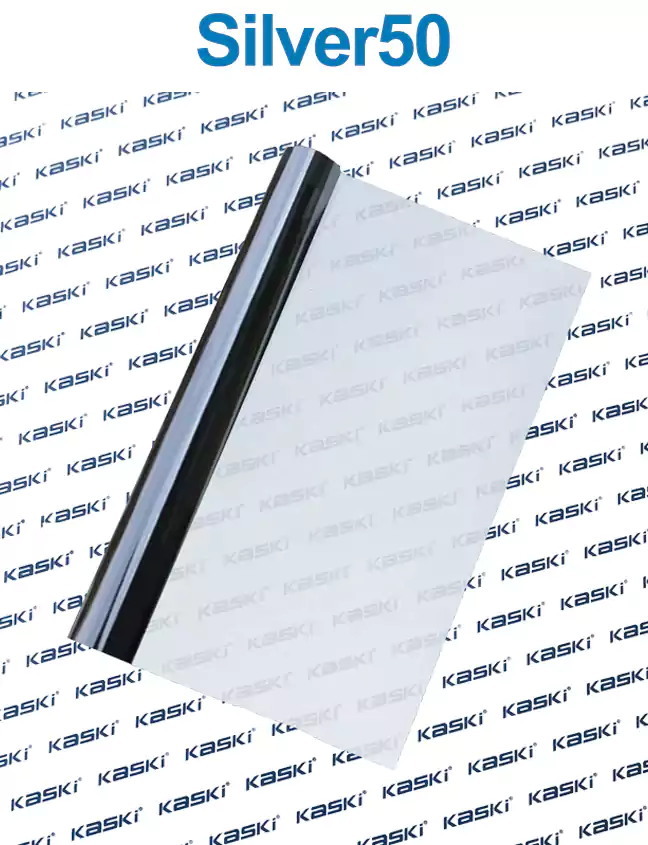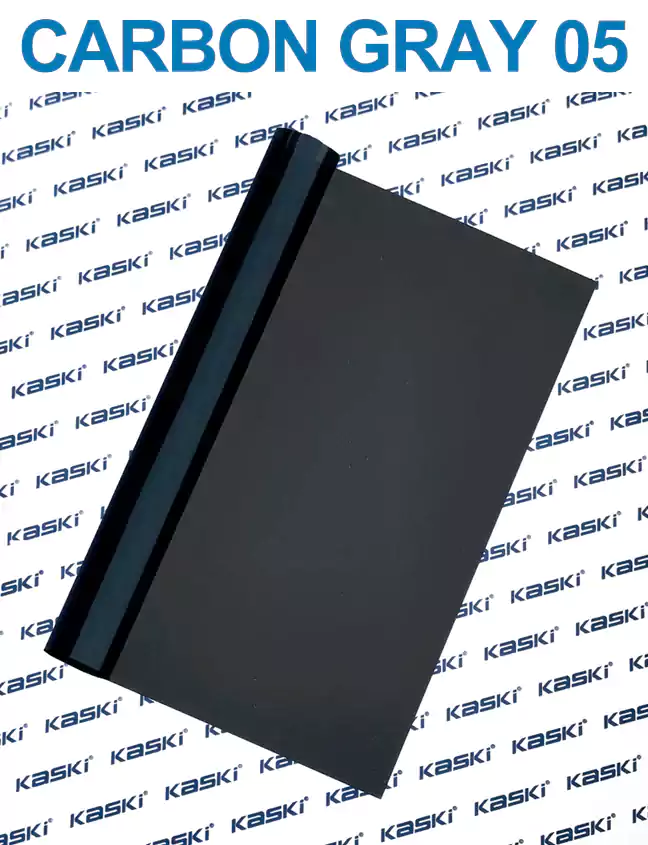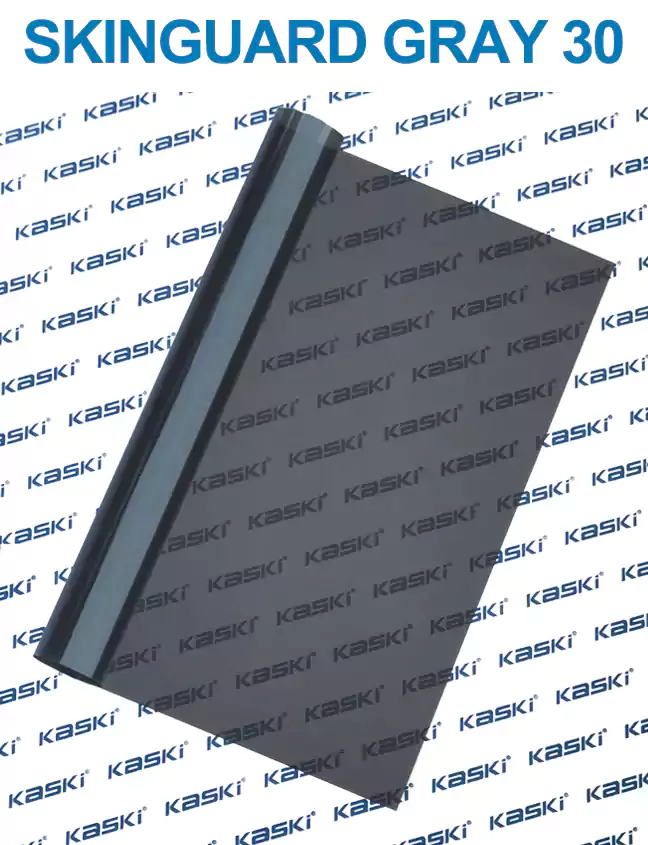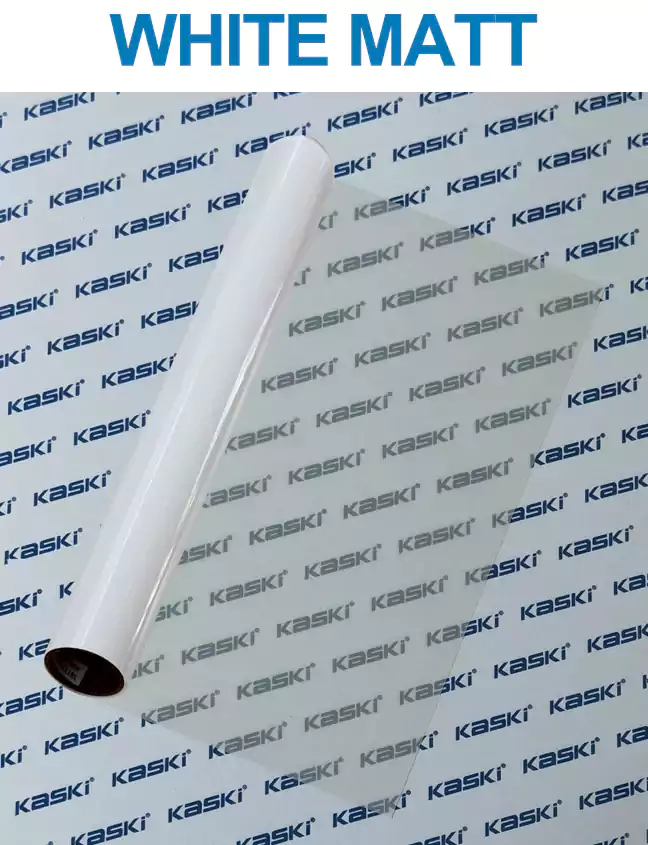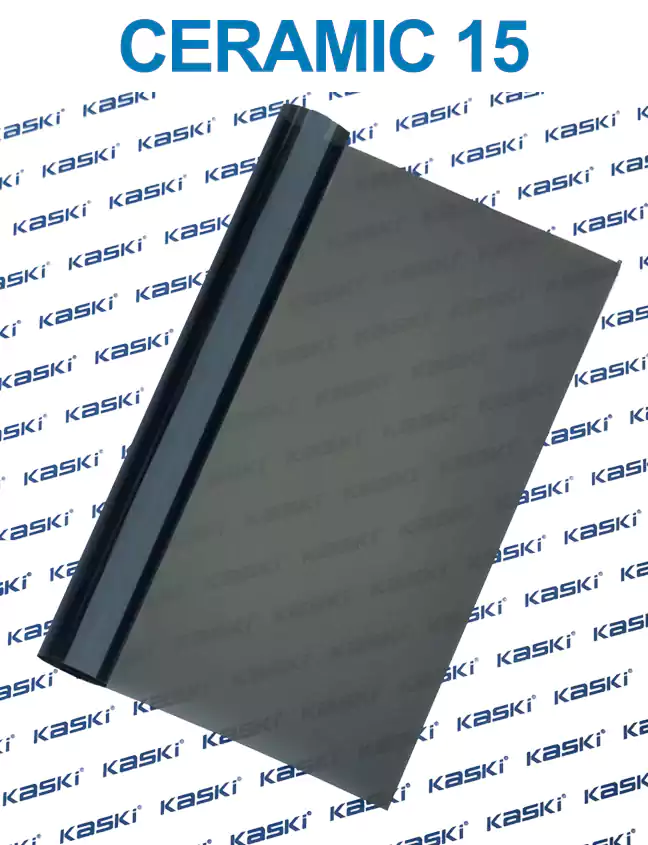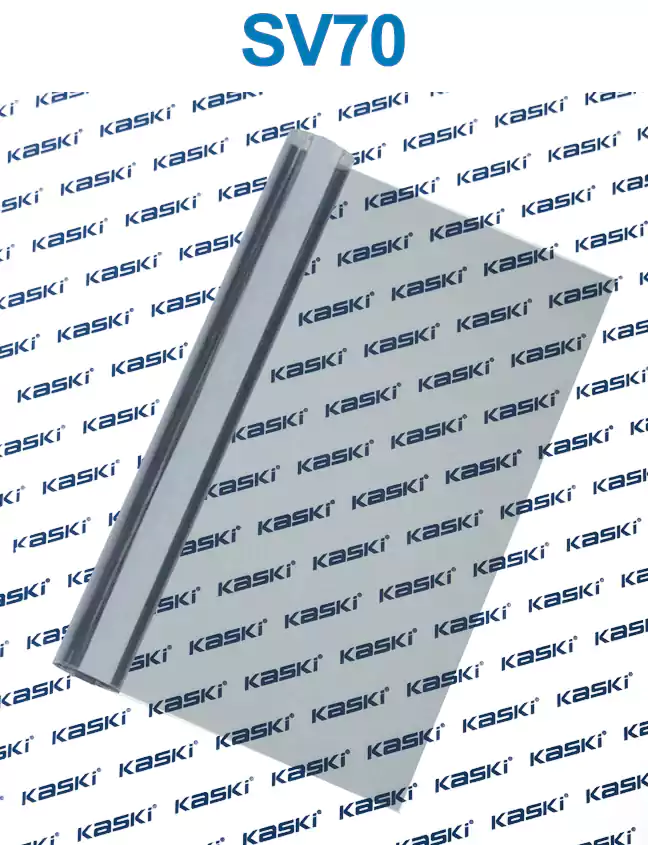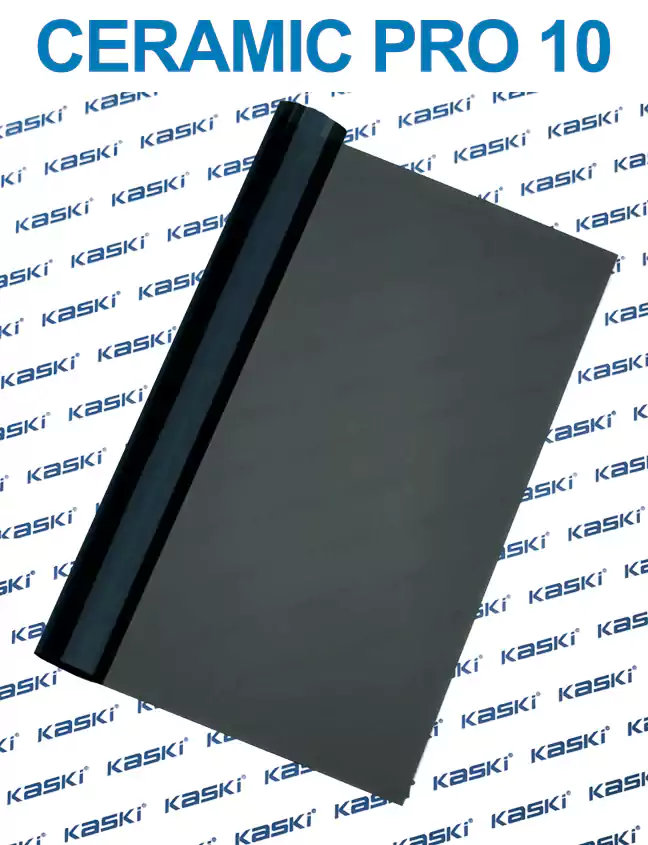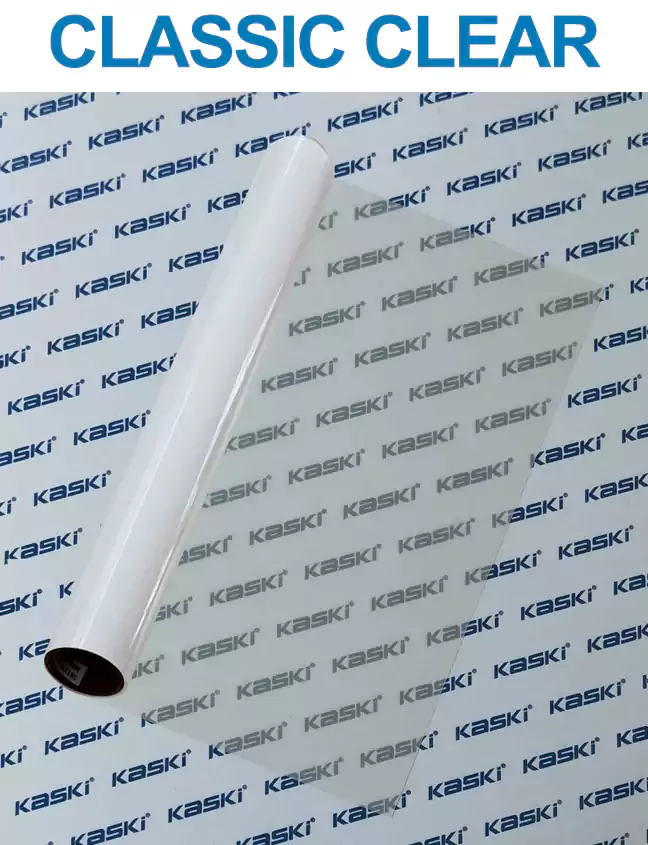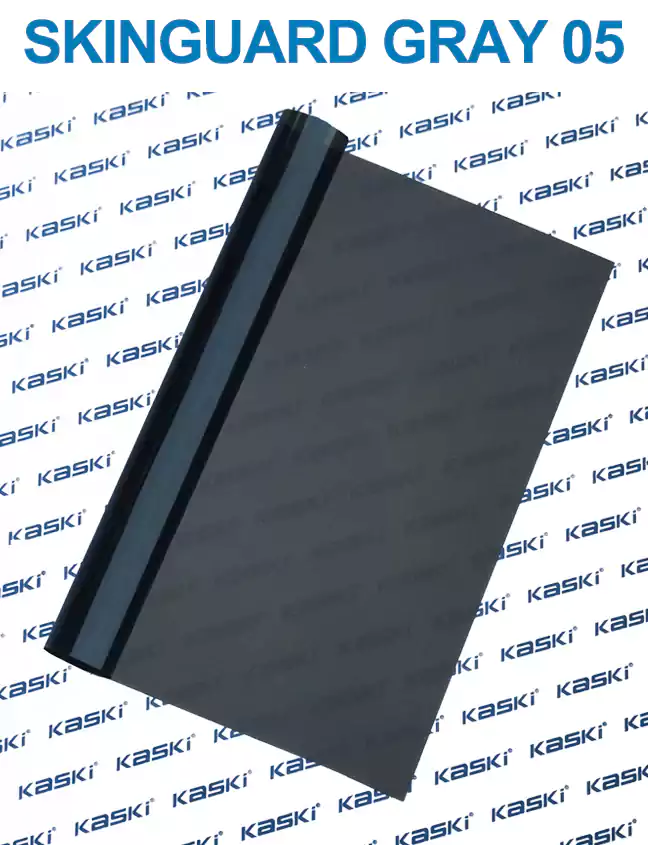Automotive window tinting is a popular and practical solution for enhancing the comfort, safety, and energy efficiency of your vehicle. Whether you're looking to reduce glare, block harmful UV rays, or maintain a comfortable cabin temperature, window tinting can provide a range of benefits. In this comprehensive guide, we'll explore the principles, advantages, and installation process of automotive window tinting, as well as share a detailed case study and testimonials from satisfied customers.
The Principles of automotive window tinting
Window tinting film is a thin, transparent or lightly tinted material that is applied to the interior of a vehicle's windows. These films are designed to reject a significant portion of the sun's heat and block up to 99% of harmful UV rays, without compromising the clarity of your view.
The key principles behind heat control window film are:
1. Solar Heat Rejection: The tinting film helps to reject the sun's heat, keeping your vehicle's interior cooler and more comfortable, especially during the hot summer months.
2. UV Protection: The film blocks a vast majority of the sun's harmful ultraviolet (UV) rays, which can cause fading and damage to your vehicle's interior, as well as your skin.
3. Glare Reduction: Tinted windows help to reduce the glare from the sun, improving visibility and reducing eye strain for the driver and passengers.
4. Privacy and Security: Tinted windows can provide an extra layer of privacy and security, making it more difficult for prying eyes to see into your vehicle.
The Advantages of Automotive Window Tinting
Investing in automotive window tinting can provide a wide range of benefits, including:
1. Improved Comfort: By blocking the sun's heat, tinted windows can help keep your vehicle's interior cooler, making long drives and hot summer days more comfortable.
2. Energy Efficiency: Reduced heat transfer through the windows can lead to decreased reliance on your vehicle's air conditioning system, resulting in improved fuel efficiency and lower energy costs.
3. Protection for Interior: The UV-blocking properties of window tinting can help prevent fading and damage to your vehicle's upholstery, dashboards, and other interior components.
4. Enhanced Privacy and Security: Tinted windows make it more difficult for outsiders to see into your vehicle, providing an added layer of privacy and security.
5. Increased Resale Value: Many car buyers appreciate the benefits of window tinting, and it can be a valuable feature that can increase the resale value of your vehicle.
A Detailed Installation Case Study
To provide a more in-depth understanding of the automotive window tinting process, let's consider a specific case study:
Vehicle: 2020 Toyota Camry
Window Tinting Film: High-quality ceramic tint, 35% visible light transmission
Installation Process:
1. The vehicle was thoroughly cleaned and degreased to ensure proper adhesion of the tinting film.
2. The windows were measured and the tinting film was carefully cut to fit each window precisely.
3. The film was applied using a wet application method, which allowed for easy positioning and removal of air bubbles.
4. The edges of the film were carefully trimmed to ensure a seamless, professional-looking finish.
5. The tinting film was allowed to cure for 24-48 hours, during which time it bonded securely to the windows.
The end result was a sleek, uniform appearance with a subtle tint that effectively blocked the sun's heat and UV rays, while still allowing ample natural light to enter the cabin.
Testimonials from Satisfied Customers
"I'm so glad I decided to get my car windows tinted. The difference in cabin temperature is amazing – I no longer feel like I'm stepping into an oven when I get in my car on a hot day. The tinting also helps reduce glare, which makes driving much more comfortable and safer. Highly recommend this service!" – Sarah, 2018 Honda Civic owner
"As someone who spends a lot of time in my car for work, the window tinting has been a game-changer. Not only does it keep my car cooler, but it also protects my skin from harmful UV rays. I've noticed a significant improvement in my comfort and energy levels, and I'm confident that the tinting will help preserve the interior of my vehicle for years to come." – Michael, 2021 Ford F-150 owner
In conclusion, automotive window tinting is a practical and versatile solution that can enhance the comfort, safety, and energy efficiency of your vehicle. By understanding the principles, advantages, and installation process, you can make an informed decision about whether window tinting is the right choice for your car or truck. With the right tinting film and a professional installation, you can enjoy the benefits of a cooler, more comfortable, and better-protected driving experience.

